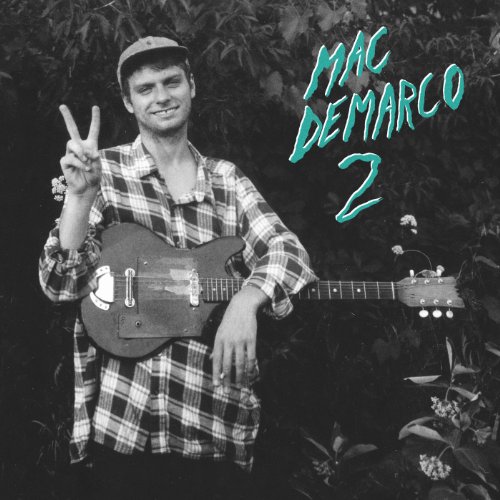Development - This is simply the process of 'finding' a story. Ideas for films come from a variety of sources, they can range from novels, real life events to computer game adaptations. Once you've got an idea you'll need someone to write a pitch for you which you take to a film producer in an attempt to get some funding to make your film. Even at this very early stage you need a very clear idea of who you're aiming you film at so you can include elements that will appeal to them.
Pre-production - Once you've got funding you establish your budget and can begin to get a film crew together, you can storyboard the script. You also need break the script down into individual scenes and identify all the locations, props, cast members, costumes, special effects and visual effects needed.
Production - This is simply the process of 'making' the film. Provided you've done your job properly in the pre-production stage making the film should be straight forward. 'Film' is very expensive and difficult to store so an increasing number of film makers are using digital cameras to save money.
Post-production - During this stage you take all the 'film' you've shot and give it to a film editor. They will then begin putting it together. Special effects will be added, a soundtrack will be added, any missing dialogue will be re-recorded and added resulting in a 'rough cut'. This will be shown to the director and a test audience who will offer feedback. Often this causes scenes to be filmed and added or removed.
Writer - Script writers of feature films often work alone for a considerable amount of time to develop their scripts. Because a film is usually a solitary creation, there is more artistic freedom, though film scripts are often rewritten several times before production. Television script writers must focus their creativity to meet the needs of specific time slots, audiences and series parameters. In television, a team of script writers often work together to create a viable script. To write plays, a script writer must consider the limited staging area and the fact that most of the story is told in dialog.
Producer - A producer will oversee each project from conception to completion and may also be involved in the marketing and distribution processes. Producers work closely with the directors and other production staff on a shoot.
Casting Director - Casting Directors organize and facilitate the casting of actors for all the roles in a film. This involves working closely with the director and producer to understand their requirements, and suggesting ideal artists for each role, as well as arranging and conducting interviews and auditions.
Director - A film director controls a film's artistic and dramatic aspects, and visualizes the script while guiding the technical crew and actors in the fulfillment of that vision. The director has a key role in choosing the cast members, production design, and the creative aspects of filmmaking.
Film Finance - an aspect occurring during the developmental stage prior to preproduction that determines the potential value of the film.
Camera Operator - responsible for operating the camera
physically and maintaining composition and camera angles through shots. The
camera operator will usually collaborate with the director.
Editor - a fundamental art technique that assembles shots
into a coherent sequence.
Production Designer - they are responsible for the visual
concept of the film. They must identify a design style for sets and locations.
Marketing - Promotes a film globally in coordination with
the films distribution through release of merchandise, campaigns, franchising
and interviews.
Exhibition - distribution of the film through owned theatres
and film networks.




